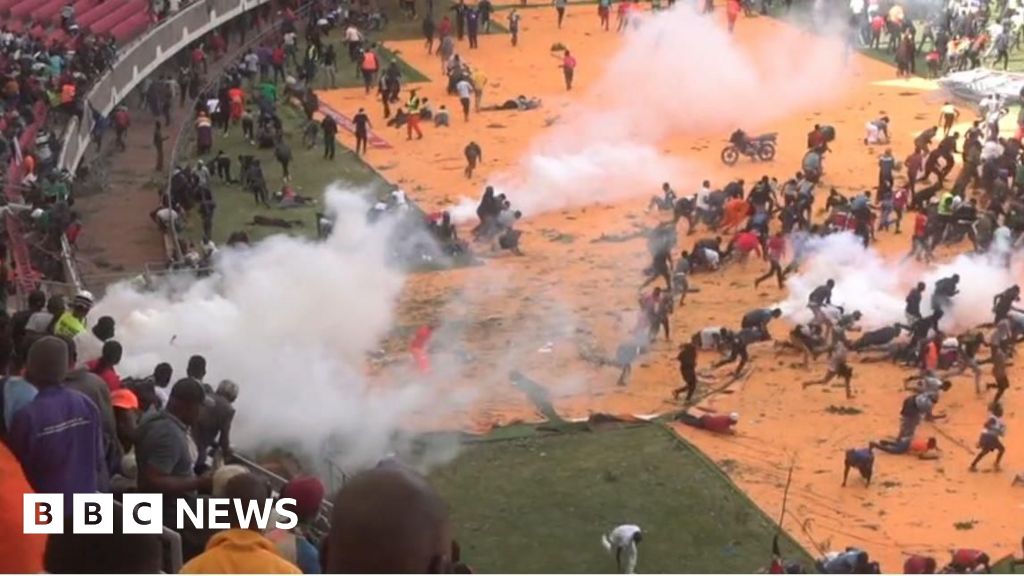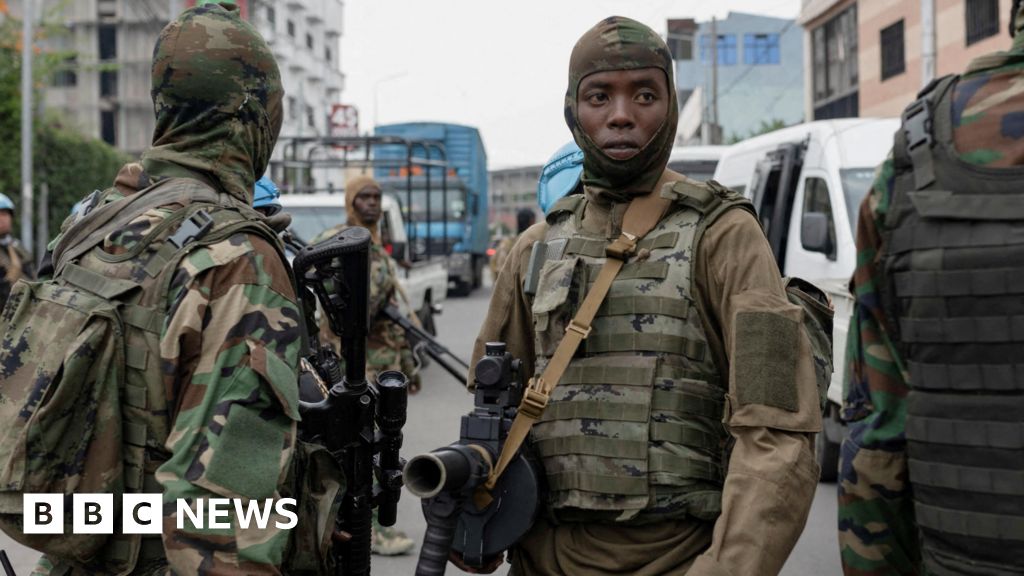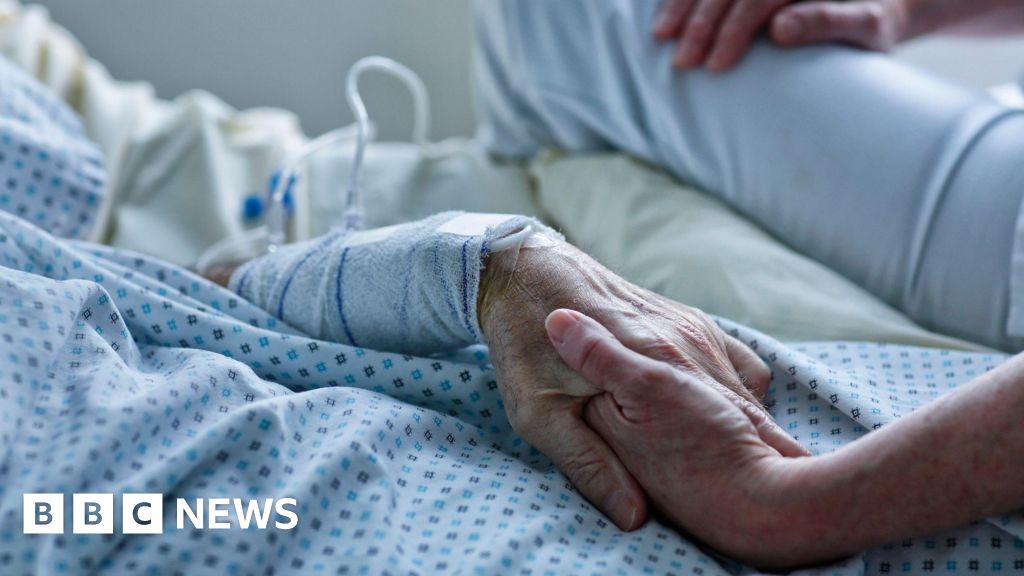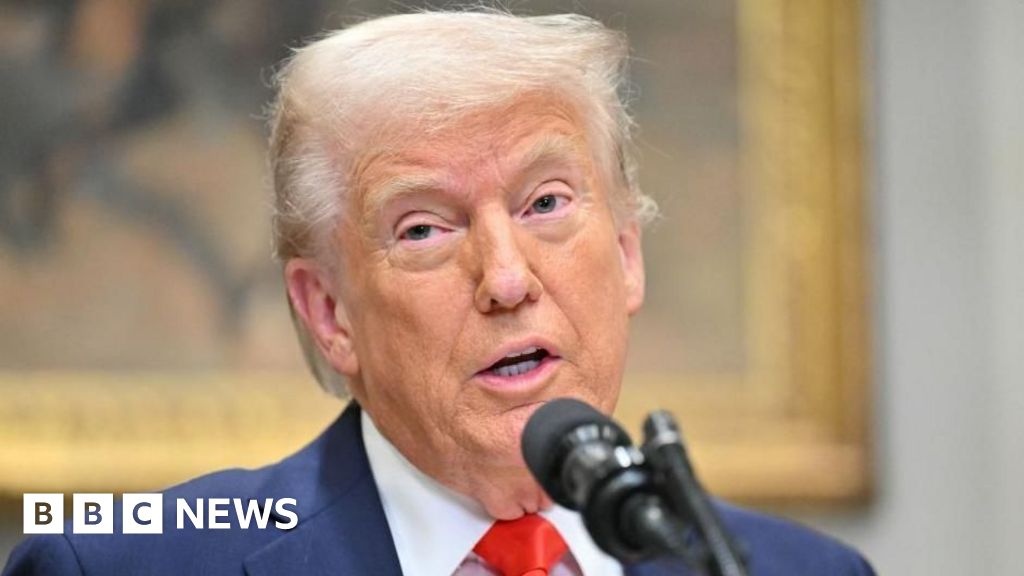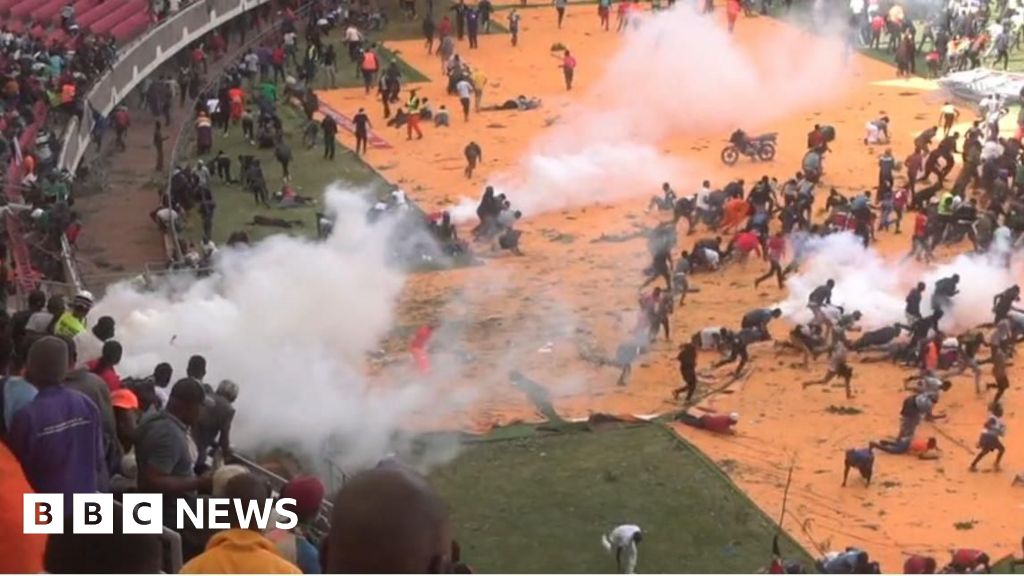
At least three people have died in Kenya after police fired gunshots and tear gas in a stadium where crowds of mourners had gathered to see the body of former Prime Minister Raila Odinga.
Prominent rights group Vocal Africa told the BBC that three bodies of those killed in the chaos had been taken to the city’s main mortuary. Local media has reported that a fourth person also died as officers sought to disperse the surging crowds.
It is not yet clear whether the police used live ammunition or rubber bullets in the arena, located in the capital, Nairobi. Vocal Africa said those who died had sustained gunshot wounds.
Odinga, a giant figure on Kenya’s political scene, died in India on Wednesday.
His body arrived at the country’s main airport on Thursday morning, where the authorities were forced to briefly suspend flights because of the huge crowds gathered there.
Mourners had gained access to restricted areas, prompting a “precautionary closure” that lasted about two hours.
From the airport, thousands of people moved in a procession to escort the vehicle carrying the body to the stadium, about 10km (six miles) from the city centre.
Because of the unexpectedly large crowds, the public viewing ceremony for Odinga’s body was moved to Nairobi’s Moi International Sports Centre in the Kasarani neighbourhood, rather than inside the parliament building where it was initially scheduled to take place.
The convoy arrived to a packed stadium, with more people waiting outside.
Minutes afterwards, a large crowd breached a gate in the arena, prompting the police to fire tear gas. Masses of mourners rushed towards the exits in response.
A BBC reporter at the scene also saw men in civilian clothing beating protesters with batons.
“We can confirm that by the end of the day that our officers who were stationed at the Nairobi Funeral Home, also known as City Mortuary, [saw] three bodies brought in with gunshot wounds,” Hussein Khalid, Vocal Africa’s CEO, told the BBC.
Other leads were being followed up in case other bodies had been taken to other morgues, he added.
After the chaos settled, dignitaries and government officials – including Kenyan President William Ruto – were able to observe the coffin, before the public viewing began for a few hours.
Deputy President Kithure Kindiki, who is chairing the funeral planning committee, held a press briefing on Thursday evening – but made no mention of the chaos or deaths.
After Friday’s state funeral, which would be held with full military honours, the public were invited to view the body “for as long as is necessary”, he said.
Earlier, a stream of supporters had earlier gathered at Lee Funeral Home, where the body was first expected, and around parliament.
“I came here at six in the morning. We have been at the airport to welcome Baba [Odinga’s nickname],” one mourner had told the BBC near the airport.
“We are sad, we have been left as orphans. He is our father.”
Motorcycle rider William Otieno Adoyo said he was a “Baba die-hard”.
“We want to see Baba, how do we know it’s him in the casket? Let them show us and we’ll be contented,” he told the BBC.
Mourners have been carrying branches and palm fronds, a symbol of mourning and grief among the Luo ethnic group to which Odinga belonged.
On Saturday his body will be transported to Kisumu, a city in western Kenya on the shores of Lake Victoria – his political stronghold.
Members of the public will get a chance to view the body before he is buried on Sunday at his farm in Bondo, about 60km west of Kisumu.
According to the family, it was Odinga’s wish to be laid to rest within the shortest time possible, ideally within 72 hours.
The 80-year-old former prime minister collapsed during a morning walk in India on Wednesday morning and he was taken to Devamatha Hospital, about 50km (30 miles) east of the port city of Kochi.
A seven-day period of mourning has been declared.
He was towering figure in Kenyan politics and for many years was the country’s main opposition leader, losing five presidential campaigns, most recently three years ago.
Odinga repeatedly said he was cheated of victory, citing the manipulation of votes.
Additional reporting by Akisa Wandera, Basillioh Rukanga and Anne Soy in Nairobi
